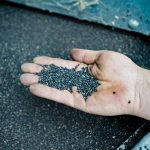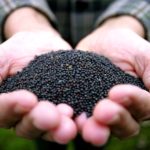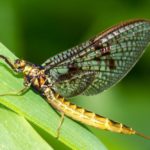Flea beetles pose one of the greatest risks to yields for canola growers in Western Canada. A 2022 survey conducted on behalf of the Canola Council of Canada bore that out. Some 91 per cent of growers who participated in the survey identified flea beetles as the greatest economic risk to their crops. That’s likely […] Read more













